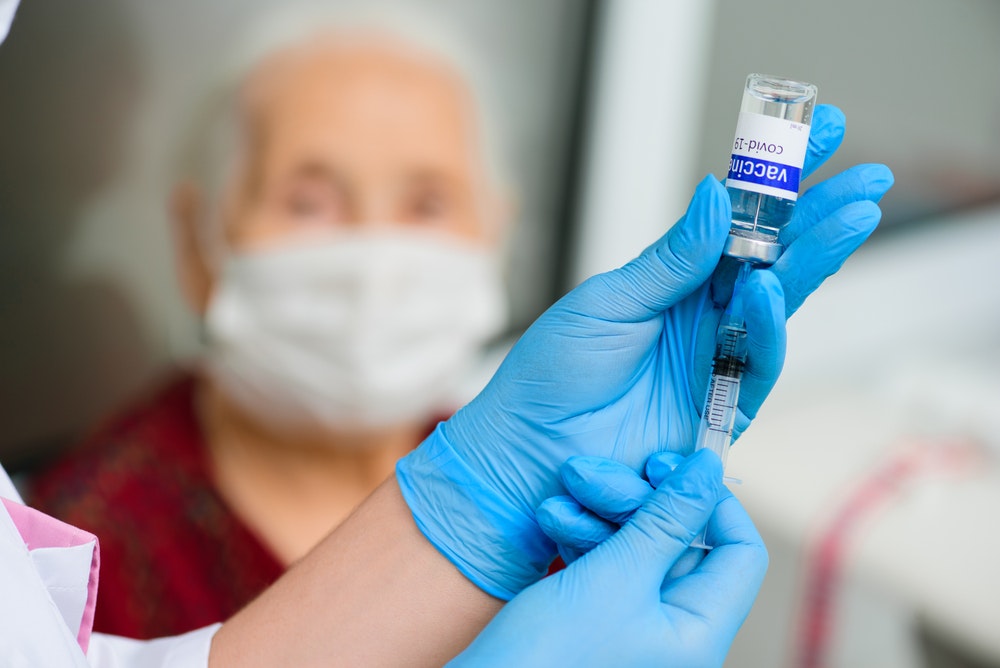Paternalism is the practice of making judgements for other people about what is best for them. And the strongest form of paternalism (“hard paternalism”) fails to respect the autonomy of competent adults, and breaches their right to make decisions about their own lives.
Jonathan Pugh, University of Oxford, and Margie Danchin, Murdoch Children’s Research Institute
Governments should not be nannies, nor nervous ninnies. Suspending vaccination fails to respect people’s right to make their own choices. It also threatens to cause much more harm overall.

This article is republished from The Conversation under a Creative Commons license. Read the original article.
This article is republished from The Conversation under a Creative Commons license. Read the original article.
Paternalism or autonomy?
Some might argue a precautionary approach could help protect the public’s confidence in vaccination in the long term. However, suspending or withdrawing a vaccine could also undermine confidence. Once a vaccine program is stopped due to safety concerns, it may not recover. This happened with the HPV (human papillomavirus) vaccine in Japan.
1. Delay
A third factor is how common infections are at the time of suspension. When rates of infection are higher, we expect more deaths.
Suspension or withdrawal of vaccines is hard paternalism. Preventing someone from accessing an effective life-saving vaccine to protect them from low risks of rare side-effects is a severe restriction of their autonomy.
The first is how many people will be delayed in receiving a vaccine. Fortunately, the AstraZeneca vaccine is not the only approved vaccine in Europe, so its suspension or withdrawal would not wholly prevent vaccination; however, some people’s vaccinations could be delayed.
We must investigate all vaccine safety signals thoroughly. But the process also needs to maintain the public’s confidence in vaccines through effective and transparent communication of risk. Communicating risk in terms people understand is challenging but it is essential to ensure informed decision-making.
So how would this work?
from www.shutterstock.com
- disclosure of even small risks if the outcomes are significant
- admission of limits to confidence (for instance, how much we know about the risks and what we don’t know)
- disclosing this information in ways appropriate and comprehensible to all sections of the community
- helping people to think for themselves about the inevitable uncertainties of life.
Like any medicine, vaccines have risks associated with their benefits. And no one wants to recommend or use a vaccine with serious side-effects.
Safeguarding autonomy here also requires putting safeguards in place to protect those who do not have the capacity to provide valid consent.
For most people, the benefits of being vaccinated will outweigh the risks. But we should treat people as adults and allow them to make up their own minds.
Written By: Julian Savulescu, University of Oxford; Dominic Wilkinson, University of Oxford;
There are limits to autonomy. Where an intervention will clearly do more harm than good, it is the government’s responsibility to prevent it. And when there are limited public resources, it is necessary to distribute benefits and burdens fairly.
When looking at the background rates of blood clots, anaphylaxis or any other rare adverse events, it seems pretty clear vaccines are safe and the associated risks are small.
3. How widespread is the virus?


